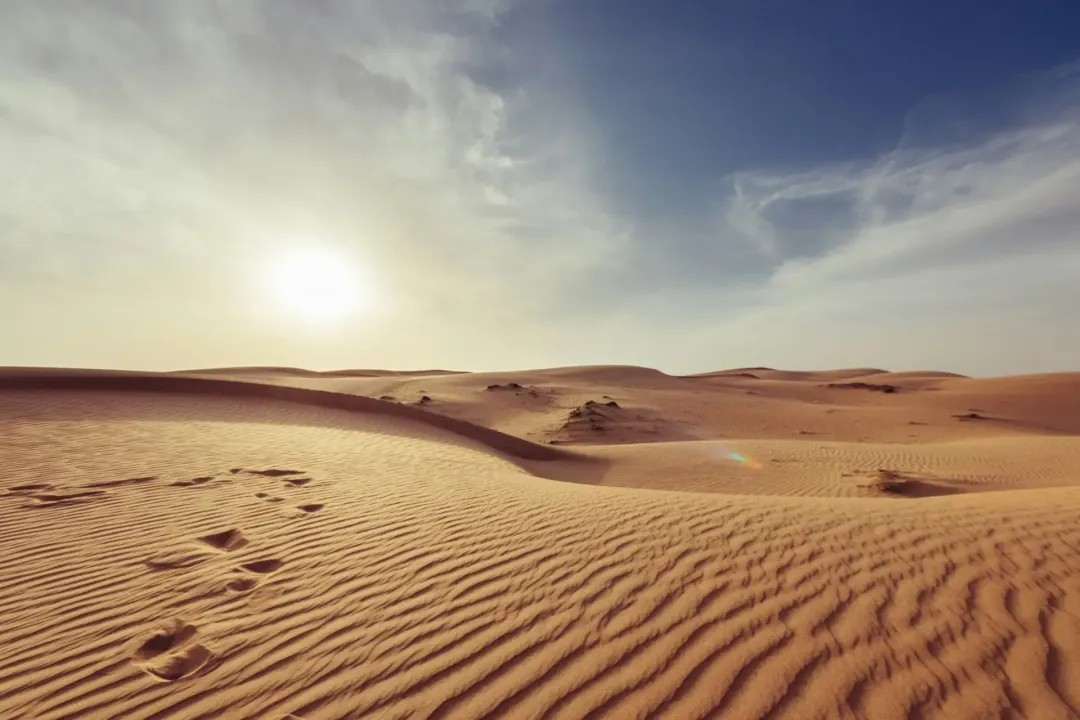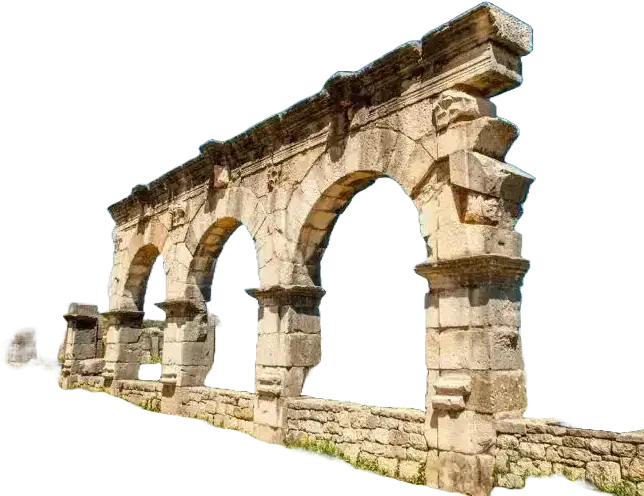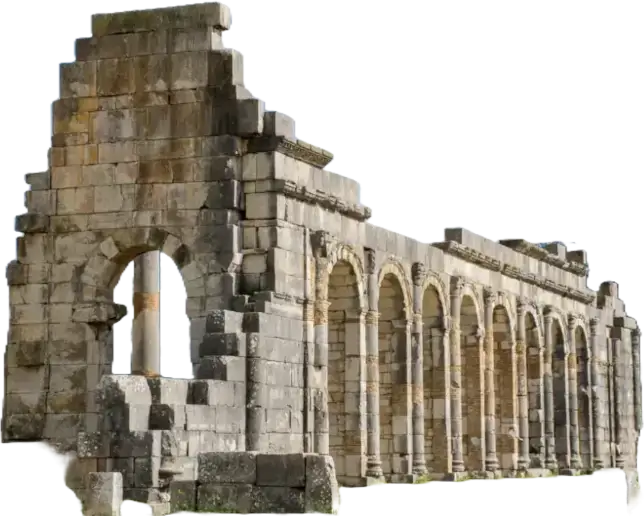Parliamentary elections on 10 May have provided commentators with another occasion to discuss why Algeria did not have an “Arab Spring” like so many other countries in the Arabic-speaking world and to prognosticate about why Algerian voter participation rates are likely to be so low. Not one to pass up an opportunity to share NARCO's own views, below is the NARCO take on what is at play in Algeria.
One well-worn explanation for Algeria’s lack of an Arab Spring is because the horrific bloodshed that followed Algeria’s first foray into multi-party politics in the 1990s left Algerians cagey and afraid. They watched jealously over the course of 2011 as their neighbors stood up to and toppled authoritarian regimes, but were too cowed by memory to do the same. And now presented with legislative elections and the opportunity to voice their political views post-Arab Spring, Algerians have become too apathetic to go to the polls to try to bring about political change. Voter participation is will be low, the argument goes, because Algerians think that they are impotent in the face of the deep state’s power.
A portrait of a defeated and timid population emerges from this interpretation. But anyone who has spent time in Algeria would quickly attest to Algerians’ pride and defiance. So how to explain the difference between the two profiles? One explanation is that the arguments about why Algeria did not have an Arab Spring and why Algerians are unlikely to vote are wrong.
To understand why they miss their target, it helps to go back to Algeria’s revolution against French rule in the 1950s and the early years of independence in the 1960s. The revolution was complicated, but one thing that it was not was an attempt to restore some form of government that had existed prior to France’s colonial conquest in 1830. There was no earlier form of government to restore. France ruled Algeria for 132 years and prior to that it had been ruled loosely by the Ottoman Empire. When Algeria won independence from France, the goal was to establish a republic, very much modeled along French lines only without the French. What emerged was an “Algerianized” version of the French republic, committed to the ideals of liberte¸egalite, et fraternite, and a very deep sense of citoyenneté, citizenship.
Of these, equality and citizenship are most deeply rooted. Equality manifests itself daily in Algerian life and Algerians are constantly on guard against violations of their equal status. In daily interactions, equality takes the form of respect – one does not look down upon or denigrate another. Unlike Morocco or Tunisia, there are no shoeshine boys in Algeria. No Algerian will kneel at another’s feet and clean grime off his shoes.
Algerians often talk of “le nif,” referring to pride and an unswerving adherence to principle. “Le nif” is something Algerians simultaneously boast about and somewhat disingenuously acknowledge as a shortcoming, like answering the job interview question about one’s greatest weakness by saying that one is “too truthful.” Principles like honor and respect mean something in Algeria, but rigid commitment to them can also be a hindrance in day to day life, let alone in politics or business which are by nature fluid and malleable. Despite its intangibility, “le nif” is real and permeates Algerian life.
The other enduring legacy of the war of independence is a strong sense of citizenship. Beyond the personal level of “le nif”, Algerians have a strong commitment to the state and its institutions. There may not be a commitment to the ways in which these institutions have evolved and how they function today, and in fact there is definitively not, but there is a commitment to the ideas and rationale that underpin them. On an institutional level, any Algerian can walk into a government office, declare that he or she is a citizen (“ana watani/ya”) and demand to be heard or seen. This may take time, sometimes an enormous amount of time, but the right to be there as a citizen is never in question. There is the belief shared by the citizen and the government functionary that the two are bound by a reciprocal bond. While they may diverge on how that bond should be acted upon and how quickly, the belief that there is indeed a bond is not challenged.
What do equality, “le nif” and citizenship mean in relation to the Arab Spring? Yes, Algerians are wary of abrupt political change, but as anyone can attest, Algerians do not shy from confrontation. There was no Arab Spring in Algeria not because Algerians were afraid. There was no Arab Spring in Algeria because Algerians did not want it. Yes, they protested against the state, as they have every week and every month for the last decade, and eventually the state acquiesced to enough of their demands. Yes, Algerians bemoan “le hogra” – the dismissive attitude of state officials to their complaints and petitions – but they see themselves as prideful citizens of the state and the messy, unruly protests in Tunisia and Egypt are unbecoming of them. It is impossible to imagine the scene from December 2011 in Cairo when supporters of the Supreme Council of the Armed Forces urinated from the rooftops on to protestors below being reenacted in Algiers.
But what of the supposed apathy that will keep Algerians away from the polls? Yes, Algerians are unlikely to vote in large numbers because they do not believe that the parliament has enough power to implement new policies that will dramatically improve their lives. And yes, they likely feel that the political parties from whom they can choose have been coopted by the deep state. But instead of apathy, there is something more forceful at work. Many Algerians do not want to compromise their principles by participating in a process that they think unworthy. Their participation, the participation of the republic’s citizenry, would validate a process that is beneath them. It is not resignation that keeps Algerians out of the polls, but pride and principle.
Traveling from Algiers to Tunis to Tripoli last month highlighted Algeria’s distinct stance. While the air in Tunis was humming with excitement about the Jasmine Revolution, and Tripoli was a froth of euphoria and anxiety after the overthrow of Col. Muammar Qadhafi, Algiers was indignant and defiant. Algerians seemed to have a longer view of history, waiting for the Tunisian and Libyan Springs to turn inevitably to unwelcome winter, fraught with chaos and instability, and bereft of Algeria’s unique pride and sense of citizenship. The refrain in Algerian pop songs – tahya Djazair (“live up Algeria”) – is not about institutions or about the state, but about the people, about Algerians. “Live up Algeria” is an expression of the potential power of “le nif,” quite apart from an Algerian Spring or parliamentary elections.


